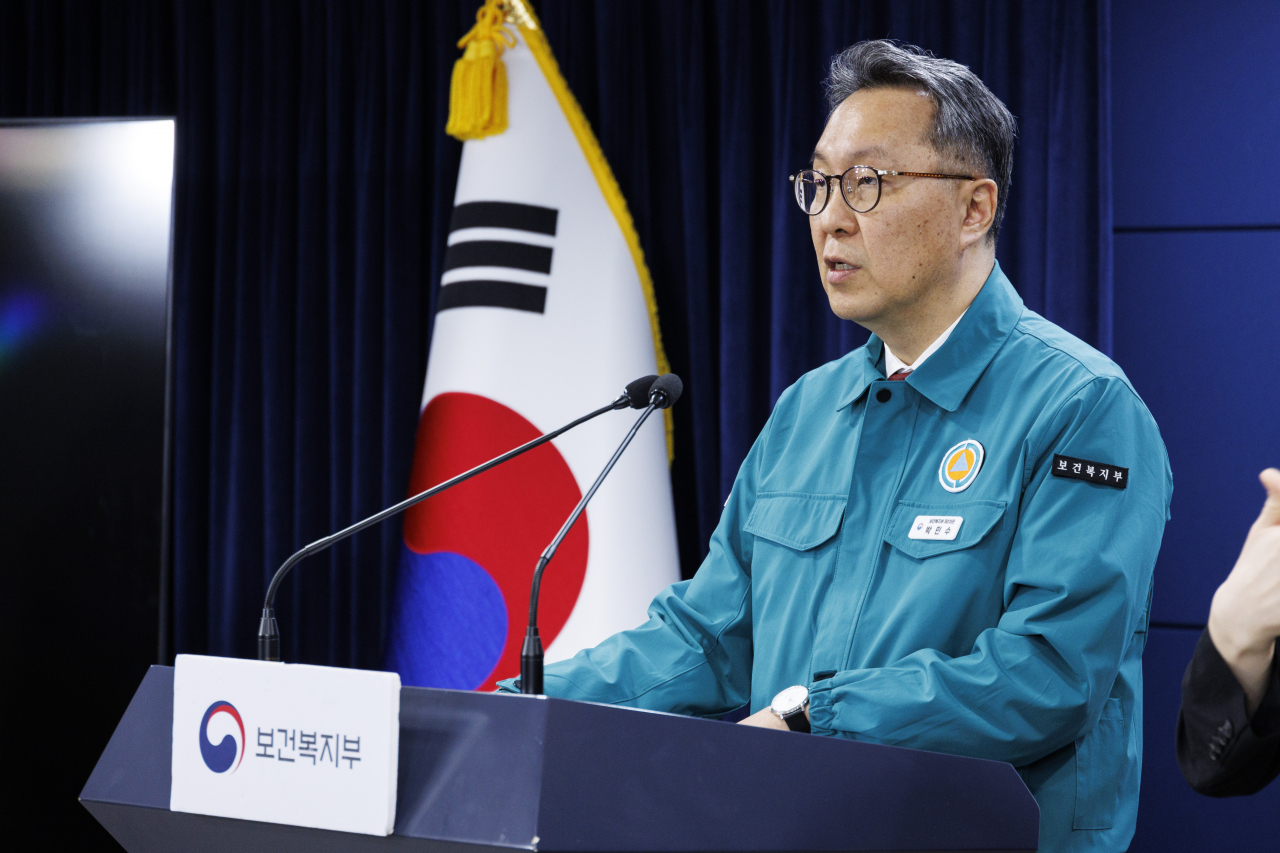Govt. vows not to backtrack increased medical school admission quotas despite doctors' walkout
By YonhapPublished : March 29, 2024 - 11:30

The government's ongoing push for medical reform is for the people, and it cannot be subject to negotiations, the health ministry said Friday, effectively rejecting the medical community's call for modifying the state plan to markedly raise medical school enrollment quota.
More than 90 percent of the country's 13,000 trainee doctors have been on strike in the form of mass resignations since Feb. 20 to protest the government's decision to increase the medical school enrollment quota by 2,000 seats from the current 3,058 starting next year.
"The government will not reverse the decision to push for the reform that a majority of the people want after negotiations with a specific group," Second Vice Health Minister Park Min-soo told a regular briefing.
The minister stressed that the quota increase plan was made after "holding more than 130 rounds of opinion gathering sessions" and it will not backtrack the plan "without reasonable grounds."
"The government will not repeat the unfortunate history of succumbing to a specific job group. We will stick to the principle of rule of law, stand by the people and complete the medical reform," Park said.
The government is pushing to increase the admission quota to address a shortage of doctors, particularly in rural areas and essential medical fields, such as high-risk surgeries, pediatrics, obstetrics and emergency medicine.
Given the rapid population aging and other issues, the country is also expected to fall short of 15,000 doctors by 2035.
But doctors argue that the quota hikes would compromise the quality of medical education and services and create a surplus of physicians, and the government must devise ways of better protecting them from malpractice suits and extending compensation to induce more physicians to practice in such "unpopular" areas. (Yonhap)




















